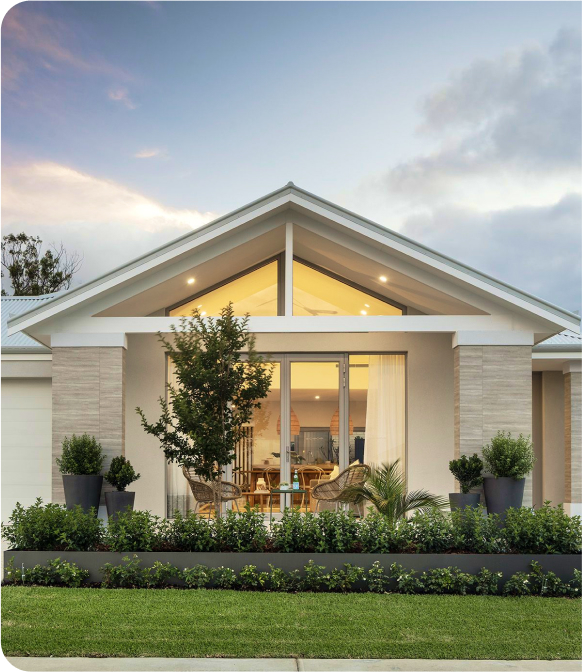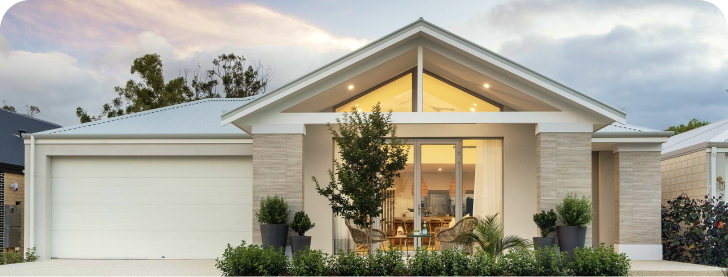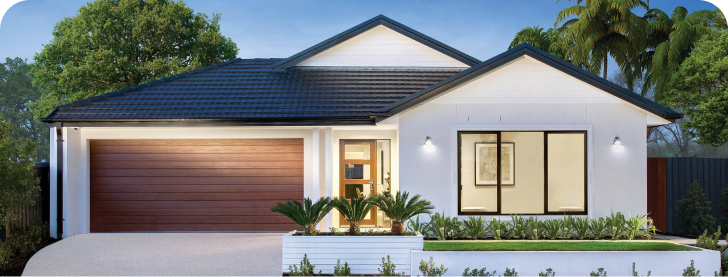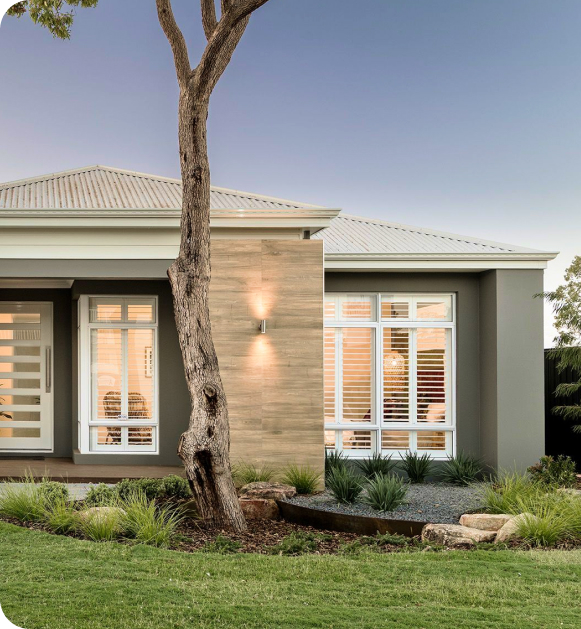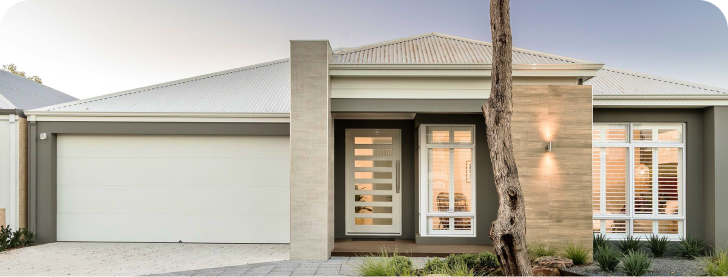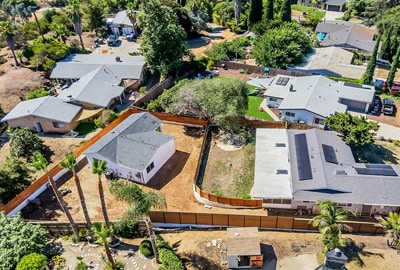
As soon as homeowners find out that ADU is the most affordable housing option that will increase the living area, give them the opportunity to receive rental income, accommodate all family members, as well as engage in hobbies, they immediately begin construction.
However, even such tiny houses as junior accessory dwelling units require the settlement of many legal issues. Before the first brick is laid in the foundation, it is necessary to familiarize yourself with all zoning laws, get ADU ordinance, and ensure that the authorities permit ADUs by right. Otherwise, you will become the owner of illegal ADU, and these are large fines and lengthy lawsuits.
In this review, we will tell you about all the ADU rules, share useful insights about zoning codes, and also highlight legal moments that relate to the operation of accessory dwellings.
Each action has an algorithm, and step-by-step adherence to all aspects allows you to achieve success in its execution. Any algorithm has the first stage, and in the construction of accessory housing units, it is the study of zoning regulations. The peculiarity of this step is that if you have violated the zoning rules, then you will not just have to pay a fine but also demolish a new building.
In this respect, let’s first figure out what zoning regulations are. These are the rules that, firstly, determine whether you can build an accessory dwelling unit (ADU), and, secondly, they contain a detailed description of how you should arrange the rooms, the distance between the ADU and the primary dwelling unit, and much more. The wording of zoning ordinances can vary not only from state to state but also between cities.
To make it easier for you to deal with this complex issue, we suggest you read the following information:
Among the piles of documentation and on hundreds of pages of the contract, it is very easy to miss this unique number. However, it plays a crucial role. The fact is that your ADU can be assigned to a city or county, and from the point of view of jurisprudence, the wording of local laws differs between them. Thus, if you do not specify the information about your APN, you can zone the premises according to the rules of the city when the building belongs to the county.
A zoning map of your city will permit you to get information on three important points. First, you will understand what residential, commercial, and industrial areas your city or district is divided into. Secondly, you will find out which current zoning code is valid in your locality. Finally, you will familiarize yourself with the clear boundaries of each land plot.
As in the movie, when the main characters passed one obstacle after another before getting into the room. The previous two aspects were only a prologue to the opportunity to find a zoning ordinance suitable for your site. In this document, all aspects of what type of ADU you are allowed to build are spelled out. Thus, when you have all the zoning standards in your hands, you can start concrete planning.
If you have any questions, misunderstanding of the essence of the local zoning code, or problems with obtaining ADU ordinances. Then you can always contact the regional entities that are responsible for ensuring the legality of the construction of residential premises. Furthermore, you can bring the draft of your ADU to the department staff so that they evaluate it for compliance with all local regulations. In any case, remember that it is better to ask a thousand questions than to miss something important and get a fine.
On the whole, as you can see, the zoning stage of accessory dwelling units is very difficult to understand. In this regard, we recommend contacting a professional lawyer who will help you with the explanation of all zoning laws, help you find zoning maps, as well as assist in the formation of an application for obtaining all the necessary zoning ordinances.
After you have dealt with zoning laws, you should analyze many fundamental aspects, such as the size of the accessory dwelling unit (ADU) or its fire safety. However, we will talk about these factors in detail later.
Now, we present to you three legal requirements that property owners often overlook:
Overall, as in the case of zoning codes, it is almost impossible to take into account all the points. Did you know that if a person is going to convert an existing garage into an accessory dwelling unit, then it is necessary to change the ceiling height? Only professionals who have been working with ADU development for years know about such facts, so you can’t do without their help.
The permit for ADU construction is the most important paper that confirms the legitimacy and legality of all actions regarding the appearance of a new building on your site. This also indicates that the Planning Department has confirmed that your ADU complies with all local zoning rules; however, how do you get this document? First of all, you need to find out which department among all local governments is responsible for this issue. Usually, this is a “Planning Agency” or “Permitting Agency.”
Then you need to send an application with a detailed description of the ADU draft, which you can coordinate with designers, architects, and lawyers. After that, the “60 days” rule comes into force, according to which the department is obliged to review your application and make a final verdict. If the project takes into account all the nuances of zoning laws and other legal aspects, then you will definitely get permission.
Regarding the maximum permissible height of the ADU, there are fairly transparent rules:
There are also certain rules regarding the maximum allowable ADU area; however, more details about them in the next parts.
Until 2020, in addition to the fact that the requirements for a legitimate ADU construction changed from one residential zoning district to another, also the interpretations of the parking zone from local jurisdictions significantly complicated the life of homeowners.
However, since the beginning of 2020, people have relaxed because the rules have softened:
It is also important to mention the dimensions of the parking area, namely, at least 9 feet wide and 18 feet long. Separate dimensions are provided for the garage space (10 in width and 20 in length).
ADU is an affordable housing option that cannot be called cost prohibitive, considering the fact of space restrictions. So, the general rule says that the ADU area should not exceed 50% of the space of the main house. In addition, the living room area should be at least 70 square feet; in the case of a kitchen, this number is 50 square feet. With a bathroom 30, on par with this, one of the owner occupancy requirements is providing all the necessary bathroom facilities, such as a shower, sink, and toilet bowl. Of course, these formulations may all differ depending on the city of residence, so be sure to check with the local authorities for these data.
The issue of fire safety is one of the most crucial because violation of the rules can pose risk not only to your house but also neighboring residential areas. The issue of equipping living units with a fire safety system can be divided into two parts, what needs to be done and what is forbidden to do. The first category includes the installation of autonomous smoke detectors, updating fire equipment, installing automatic locking systems on kitchen stoves, as well as ensuring the quality of electrical wiring. Because a short circuit most often leads to the ignition of residential zones.
The second category prohibits the use of flammable materials in the construction of the roof, as well as wall cladding. In addition, it is forbidden to neglect the modernization of the ventilation system and the equipment of all walls with a fireproof coating because these measures can save your life.
The rules for installing a sewage and water supply system in accessory dwelling units (ADUs) are perhaps even more confusing than zoning laws because the requirements of the authorities can reach a certain diameter of the meter and sewer pipe. In this regard, you cannot do without professional advice, and we will highlight only two main points common to all accessory buildings. Firstly, you need to equip the ADU with a separate connection to the water supply system, and this also means separate meters with primary living space. Secondly, one meter is provided for one ADU. However, there are exceptions, which means it is necessary to study the Uniform Plumbing Code.
Many people think that building an ADU will increase property taxes many times. However, if this were the case, the housing crisis would have come into the country long ago, so here are a few facts about taxes. Firstly, the appearance of a granny flat or JADU will not affect taxes on the main house in any way. Secondly, the amount of tax is no more than 1.5% of the final price tag. Also, do not think that you will have to pay tax as soon as the builders appear on your site; this is a long process that can take up to 12 months.
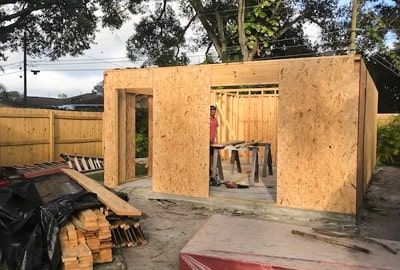
After the construction is completed, homeowners strive to replenish the funds spent on ADU financing as soon as possible, and the best solution is short-term rentals. However, there are also a number of legal norms in this matter. Firstly, in most cases, ADU as rental housing cannot be rented for more than 30 days. Secondly, you cannot rent a single-family house and an ADU at the same time. Thirdly, there are certain city limits that determine the maximum allowable area of housing that can be used as rental units to receive extra income.
The first thing a property owner needs to do is to study zoning laws because this will give an understanding of whether you can, in principle, build an ADU on your site. However, the wording differs greatly between cities, so only a highly qualified lawyer will help you to understand еру peculiarities of zoning districts and plots.
Regardless of whether you have not fulfilled the owner occupancy requirement or violated the local housing rules regarding parking, the consequences will lead to monetary losses. The Planning Department, city council, or any other body is obliged to permit ADUs by right. Otherwise, at least a fine will be imposed on the homeowner, and as a maximum, a ban on construction.
ADUs have many privileges; in particular, with their help, you can accommodate all house family members with maximum comfort. Increase the value of the property on the housing market, expand the living space, use them as rental housing, as well as organize a place for hobbies.
